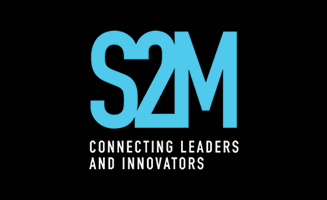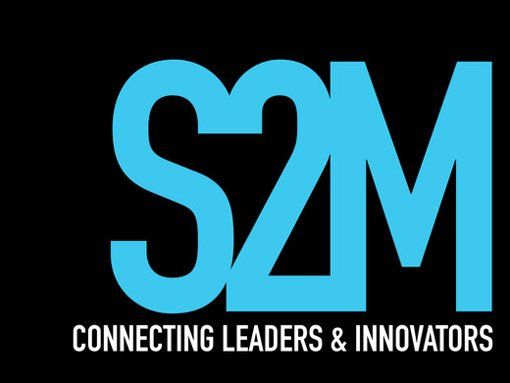10 tips for effective onboarding in remote teams
Last week, we delved into the transformative power of effective onboarding for your team. We explored how a well-structured onboarding process can shape the trajectory of new hires, setting the stage for their success within your team. But what if your team operates in the remote realm, where the physical boundaries of the office no longer exist?

In today's fast-paced business world, remote work has become increasingly prevalent, with companies embracing the benefits of a distributed workforce. As remote teams become the norm, it's crucial to adapt your onboarding process to ensure that new hires integrate seamlessly into your remote work culture. Here are ten crucial onboarding tips for remote teams that will help you set your new hires up for success.
- Create a Detailed Remote Onboarding Plan
Start by developing a comprehensive onboarding plan tailored to remote work. This plan should outline the entire onboarding process, from day one to the end of the probationary period. Include a clear timeline, tasks, and responsibilities for both the new hire and their manager.
2. Leverage Technology for Remote Onboarding
Leverage technology to streamline the remote onboarding process. Use video conferencing, document sharing platforms, and project management tools to facilitate communication and training. Make sure new hires are comfortable with these tools from the beginning.
3. Provide Clear Expectations for Remote Employees
Remote employees need to know what is expected of them from day one. Clearly define job roles, responsibilities, and performance expectations, incorporating relevant remote work keywords. Share key performance indicators and success metrics to set the right tone.
4. Develop a Welcoming Remote Company Culture
Building a strong company culture is essential for remote teams. Start by introducing new hires to the company's mission, vision, and values, emphasising their significance in the remote work landscape. Encourage social interactions through virtual team-building activities and informal virtual gatherings.
5. Implement a Remote Buddy System
Assign an experienced team member as a "remote buddy" to help new hires acclimate to the company culture and navigate their new remote environment. This buddy can provide guidance, answer questions, and offer support during the onboarding process.
6. Offer Comprehensive Virtual Training
Deliver remote-specific training sessions that cover the tools, processes, and communication protocols used within the team. Ensure that new hires understand how to access and use all the necessary resources, including remote collaboration software.
7.Establish a Structured Feedback Mechanism
Regular feedback is vital for remote employees to understand their strengths and areas for improvement. Establish a structured remote feedback process that includes regular check-ins, performance evaluations, and opportunities for growth.
8. Promote Continuous Learning for Remote Work
Promote a culture of continuous learning by providing access to online courses, webinars, and resources that can help remote hires enhance their skills and stay up-to-date in their roles. Incorporate keywords related to remote learning and development.
9. Foster Inclusivity in Remote Teams
Remote work can sometimes lead to feelings of isolation. Combat this by fostering inclusivity within your remote team, using keywords related to remote team building. Encourage open communication, diverse perspectives, and ensure everyone feels valued and heard.
10. Monitor and Adapt Your Remote Onboarding
Finally, continuously monitor and adapt your remote onboarding process based on feedback and evolving needs. Regularly seek input from remote hires to make improvements and refine your approach, incorporating remote feedback into your strategy.
Effective onboarding for remote teams is essential to ensure that new hires quickly become productive and engaged members of the company, aligning with the keywords relevant to remote work success. By following these ten tips, you can create a seamless remote onboarding experience that sets the stage for long-term success in a remote work environment. Remember, a well-structured onboarding process not only benefits new hires but also contributes to the overall success and cohesion of your remote team.





